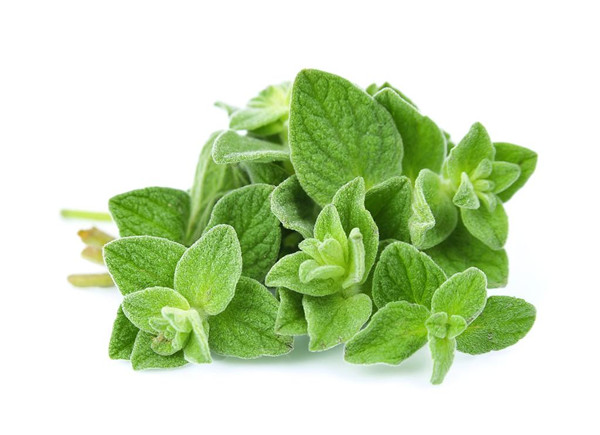History of Oregano Essential Oil
Oregano essential oil is the most powerful natural anti-inflammatory and antibacterial agent discovered by humans. It is extracted from wild oregano plants, mostly grown in the Mediterranean region such as Greece and Portugal, and is the top herbal medicine for the Greeks.
Hippocrates, the father of world medicine, said that oregano essential oil has the effects of sterilization and antibacterial, relieving gastrointestinal discomfort and respiratory problems. As early as the Middle Ages, oregano essential oil was used as an antibacterial agent and also used to preserve food. In the 17th century in Britain, oregano essential oil was widely used to treat colds and flu.
Traditional Chinese medicine believes that oregano is spicy, cool and non-toxic, and the whole plant can be used as medicine. It has the effects of clearing away heat and relieving exterior symptoms, regulating qi and removing dampness, and diuresis and swelling. Modern medicine uses oregano essential oil as a herbal defense agent to resist fungi, viruses, bacteria and parasites, especially for intestinal diseases caused by Escherichia coli and Salmonella.

Oregano, also known as "wild marjoram", is a multifunctional herb that can be used for anti-inflammatory, antibacterial, antiviral, and digestion. It is also a European cooking seasoning, especially pizza, which would lose its fundamental flavor without oregano. Oregano will make our dishes more layered and the taste more three-dimensional and rich.
Oregano essential oil is extracted from its leaves by steam distillation, with a herbal, strong, green, camphor-specific smell. The main chemical components are carvacrol and thymol. It usually takes more than 1,000 pounds of wild oregano to produce one pound of oregano essential oil.
Oregano oil contains two powerful compounds, carvacrol (an organic substance with a chemical formula of C10H14O, which is easily soluble in alcohol and ether and almost insoluble in water. It can evaporate with water vapor and is used in spices, food additives, feed additives, antioxidants, sanitary disinfectants, insect repellents, etc.) and thymol (which is an isomer of carvacrol and is named after it is found in thyme).
Oregano is considered a powerful natural antibiotic. Studies have shown that it can even fight against a super Staphylococcus aureus (MRSA) that is currently ineffective against any antibiotics. The antioxidant effect of oregano is superior to many other herbs. The USDA has rated its antioxidant capacity as 4 times that of blueberries, 12 times that of oranges, and 42 times that of apples!
Oregano is very effective in fighting pathogens (bacteria, fungi, viruses, parasites); from a public health perspective, long-term abuse of antibiotics has led to bacterial resistance, while essential oils do not cause concerns about resistance and can also improve individual immunity.
Essential oil introduction
Extraction part: leaves
Extraction method: steam distillation
Smell description: herbal, spicy, green leaves, camphor
Main chemical components: carvacrol, thymol
Main effects of oregano essential oil
1. Relieve colds, flu, respiratory infections, and mucositis
2. Relieve asthma and cough symptoms, effective for chronic bronchitis and
3. Fight viruses (skin infections/trauma), tuberculosis and plague
4. Anti-inflammatory and antibacterial, pneumonia
5. Natural analgesic, can relieve pain and toothache, chronic rheumatism, improve muscle pain
6. For fungal infections, parasites, ringworm, onychomycosis, warts, calluses
7. Clean the blood and balance metabolism
8. Stabilize emotions and enhance sense of security
Black Pepper Oil Extraction
Molecular Distillation Equipment Application
Oleoresins Introduction
Contact: Project Manager
Phone: +86-18120438367
Tel: +86-18120438367
Email: info@tycoretech.com
Add: No. 1, Optics Valley Avenue, East Lake New Technology Development Zone, Wuhan, Hubei, China
We chat
